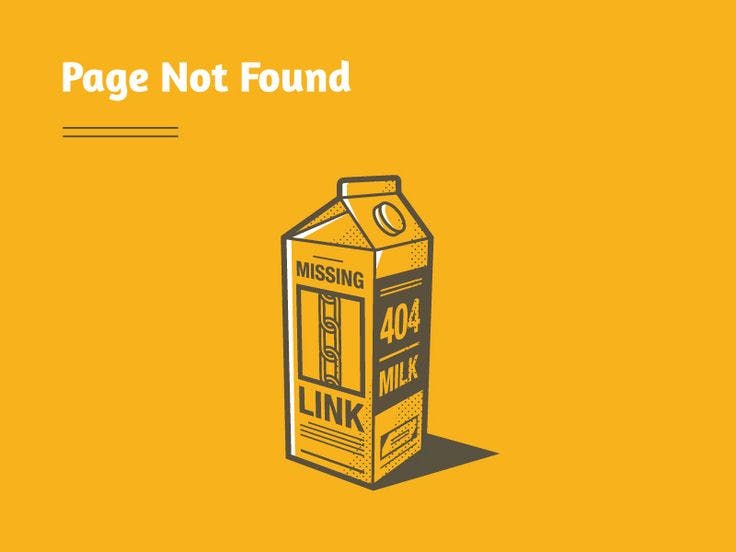
The start of the creative process is giving yourself the permission and the freedom to play, to not care about rules, to stop acting our age and let our pure hearts and free imaginations take the helm once more.
Play is essential to the creative process. When we play we get back to where we were as children when everything was new, we had no prejudgments and we just accepted that we could fly or be fish or be magicians. When we were kids, we didn’t question our impulses, we simply did. Our imaginations were furtive because we didn’t know the “rules” of say physics or dating or life … we were creating ourselves as we grew every single day.
When you watch children at play they are unhindered, if no one is watching them. The rules are rules they create and those rules are liquid rules. Nothing is set in stone. I recall when my niece was young and we were playing superheroes. She decided that I was going to be Electric Man. So, me, in my adult mind, as a trained actor, decided to delve deep here so that I could be the perfect Electric Man. I started asking questions about Electric Man, what he did, why he did it and such and finally, after peppering her with questions, she said: “Uncle Paul, just be Electric Man.” And there it was. The best choice was to just play and see what happened, see what developed, see what we created together being superheroes, just BE Electric Man.
Act Your Age
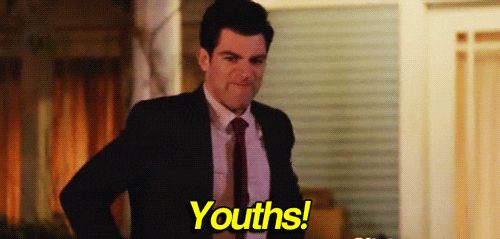
Sadly, at some point in time, someone has said to us: “act your age.” And for the rest of our lives, we’re trying to act like a 24-year-old or a 32-year-old, whatever that means. And those of us who pursue creative endeavors spend the rest of our lives trying to get back to where we can just be Electric Man and not worry about the rules and the must-do and should be … we seek to return to being children when we could play freely and not worry about what anyone said or about any rules governing the state of play.
So, the start of the creative process is really giving yourself the permission and the freedom to play, to not care about rules, to stop acting our age and let our pure hearts and free imaginations take the helm once more and see what comes out. Being able to play, truly play, not by rules, not for the amusement of others, not to make sense, not to follow guidelines, just play with each other is a major part of the creative process.
Just Say Yes
Getting back to yes is important. When we were kids and we played games or dress up, or superheroes, we were saying yes to whatever came out of our heads, whatever someone else brought to the table. There were no meetings, no mission statements, no demands to fulfill, we were simply saying yes to the world and never worrying about the how or why of it. We wanted to be Electric Man and whatever we did we did as Electric Man, it was good and right.
Play sustains and recharges our creativity. Play fills us with hope and breaks us free of the shackles of being “adult”. It’s funny, there is a trend now of T-shirts and social media posts about playing again. About being kids, about not paying attention to the rules. It’s not stated that way rather it’s stated as: “I can’t adult today”. Somehow being an adult means we cannot play or imagine or just be jars of jelly on a magical shelf. We have to eschew the ways of children and be adults. So much so that now we have a category for the feeling; I cannot adult today. We all long to get back to the point of play.
I'm on a Team
Now, one might say: I play in a softball league or I have a weekly pick-up basketball game I take part in and that’s good. Still, there are rules and you want to be good and you want to make an impression and on and on. When we played as kids, we didn’t pay any attention to that. No one was trying to be the best at G.I. Joes. No one is trying to be the best at tea parties, we were just in the middle of it and letting what happened, happen.
Don’t be fooled into thinking that because you play organized sports or play two on two with the folks at the gym that you’re playing. If you’re doing this, playing on a team, ask yourself how many times you think this person isn’t carrying their share of the load, or this person isn’t good at their position? Those things are going through your mind because you want to win. Why do you want to win? Well, that’s a few years on the couch but still, when we speak of play in the realms of creativity, those judgments, those observations of who is good and who is bad, get in the way of pure play.
This is Darren, He's Going to Get Us to Play
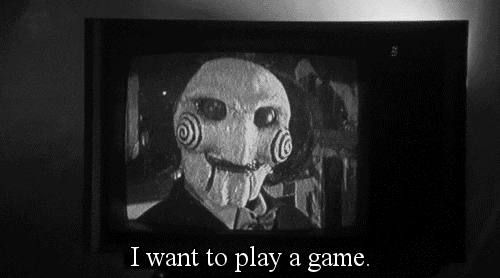
Perhaps you’ve had the group retreat and you’ve played “games” to help you bond and let go or whatever the HR people have decided the company needs. In reality, those situations are truly terrible. No one is playing, no one is really being themselves because they are trying to figure out some unspoken rule, they are trying to do it “right” so the boss sees them as … what? Team players. Real creatives.
Pure play cannot really happen on a schedule. Morning meeting, split into groups, discuss this and that, then we play games. Nope, that’s not play, that’s a researched, scheduled simulacrum of what we once did absolutely naturally as kids. Once you put time demands and this is when we play or this is the room we’re creative in, boundaries on the play, it ceases to be creatively productive because there are some hidden, self-determined rules, or judgments floating about that will suffocate all the free impulses. When you attach schedules and time slots you also add judgment and the desire to do things “right”. There is no right or wrong in pure play.
Rules, We Don't Need no Stinking Rules
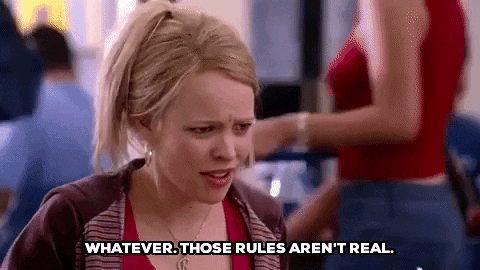
I’m writing an article about how to play. How insane is that? Pretty insane if you look at a room full of kids with toys and developing imaginations. It’s even more insane when you’re standing in the room with a guy who has been paid handsomely to come into the office and show you all how to get in touch with your inner child again. Trouble is, half the room is scoffing at the futility of the idea and the other half is quietly or even vocally complaining that Margie from accounting isn’t putting her heart into it.
Well, before Margie was in accounting there are pictures of her in grandma’s floppy hats having a tea party with her stuffed animals. And those attending that tea party, the stuffed bears and the baby dolls, they had conversations and they drank “tea” and they sang songs and there was no question as to Margie’s heart being in it because she was it. She was all the voices and all the thoughts. So, what happened to Margie?
What happened to Margie is what happens to a lot of us: we got older and we were told to act our age. Now, Margie walks into the room where we’re all going to relax and be free and play and she brings to that room her personal doubts, her insecurities, and her fears. Scheduling time to be creative does diddly squat in the way of releasing her and getting her back to pure play.
It’s important. It’s important in your business but more so, it’s important in your life. Playing, no rules, no one saying no or you can’t do that or maybe we could or what if we just…none of that is going to get you any closer to pure play.
Best Practices
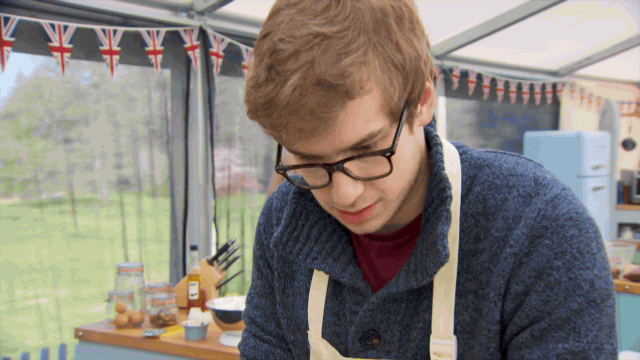
This is the point in the article where I site three sources and recommend seven tips for getting play back into your life. At this point, the article should become a “best practices” rehash. And, if I did that, you should all come to my house and punch me in the face for lying to you. If you’re looking for the rules, the steps to return to your child playing days, then you’ve missed the point.
The rules are what got you so far from the dirt mound in the back yard and a bag full of green plastic army men. The rules and the do this articles are what have alienated you from the days when you were so caught up in the game that you didn’t notice the sun had gone down and your dad has shown up and he’s shouting for you to get your ass back home because your mom is worried sick and dinner is getting cold and, I tell you, I don’t know what you’re thinking, are you even thinking … remember those days?
Also, don’t mistake slacking for play. Don’t read this and decide you’re quitting your job and abandoning your family and you’re going to survive on skee ball tickets and corn dogs. No, that’s equally insane.
Summing Up?
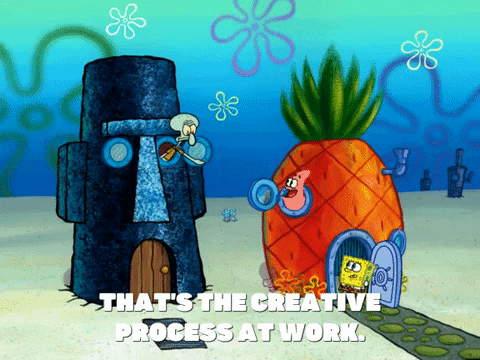
This article, if it has any purpose at all, it is to make you just a little more aware of pure play and how it’s important and how you, personally, in your own way, not following a best practices blog, not getting a “How to Play for Dummies” book can allow play back into your life. It’s just a tap on the shoulder, a wink, a suggestion. I have no answers because there are no definitive answers in this. It’s very much a Schrodinger’s cat situation. If we say we’re going to play, we’re not really playing. If we try not to say we’re going to play we’re just going to play and we set time in the day aside to do it, again, we’re not really playing. But, if you look at the cat and the cat has a toy mouse, the cat is engaging in pure play. Which is something the cat cannot do if the cat is dead. Maybe the Shrodinger analogy isn’t 100% right.
This article was spawned from the question: “What role does play have in the creative process”. I could have simply said, the creative process cannot and will not happen to its fullest and most fulfilling fashion if we don’t first remember how to play.
Play is vital to the creative process. Play is vital to a good, full life. Never underestimate the power of play and be aware of the false play, the scheduled play, the timed and hired play. That’s not how we used to play so, why do it now?
